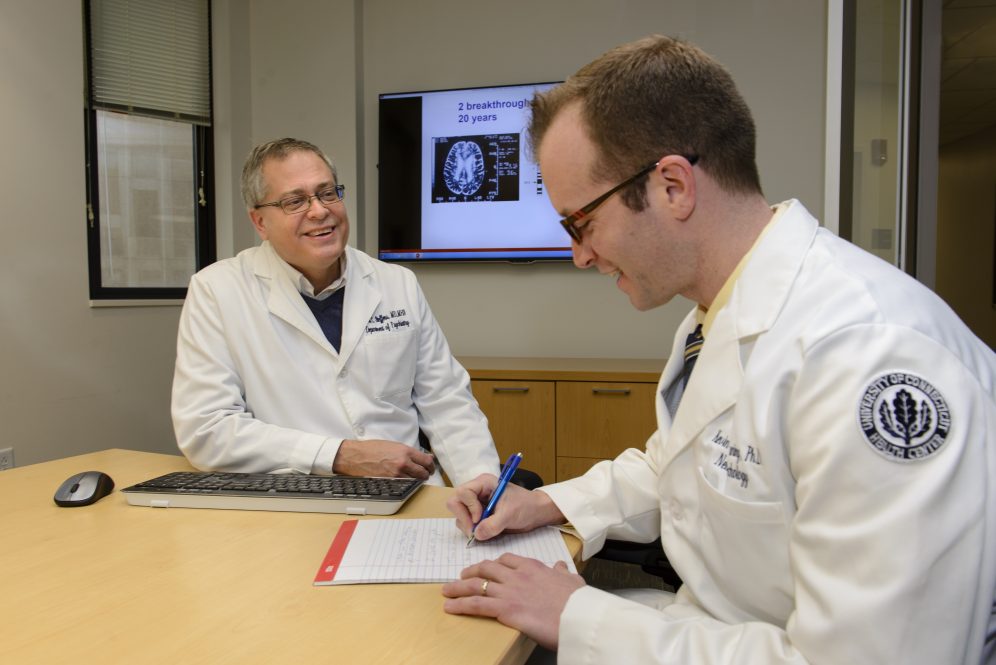During the holiday season, there is often an increase in scams and fraud and while scammers victimize anyone, older adults tend to be heavily targeted and may be more vulnerable to fraud in many of its forms.
Scams targeting older adults are on the rise. In 2021, there were 92,371 older victims of fraud resulting in $1.7 billion in losses. The most common financial scams targeting older people include government impersonation scams, sweepstakes scams, and robocall scams.
The scam artists often pose as a trustworthy helper and include a broad range of conduct from the outright taking of money or property to using technology to get personal or financial information, to getting paid for care, products, or services and then not providing them.
Older adults are at risk of declining financial capacity or cognitively complex activity that includes practical abilities such as paying bills as well as judgment related to decisions around financial investing. Financial capacity is necessary for independent living and errors in the ability to manage one’s own financial affairs may be one of the earliest signs of impending cognitive decline.
When we hear of such scams and frauds committed against older adults, we often wonder how they may fall to such deception. However, we are learning that there are changes in the aging brain, even in the absence of diseases like Alzheimer’s or other neurodegenerative illnesses, that may render older adults vulnerable to financial exploitation and poor financial decisions. For example, changes in thinking and memory as well as worsening depression and loneliness may increase the susceptibility of older adults to financial scams.
Can apathy, or lack of motivation and depression which are behavioral symptoms that sometimes occur in later life interfere with thinking and decision making?
Dr. Kevin Manning, associate professor in the Department of Psychiatry at UConn Health is conducting a study called “Apathy: An Early Manifestation of Frailty and Disability in Older Adults with Depression?” supported by UConn Health’s Claude D. Pepper Older Americans Independence Center (OAIC) or “Pepper Center”. The aim of Dr. Manning’s study is to better understand financial decision making in older adults in order to help seniors avoid fraud. The ultimate goal is to be able to prolong older adults’ autonomy and independence – a unifying theme among other studies that the Pepper Center supports. Dr. Manning seeks to understand whether a specific type of depression – apathy – is associated with poor financial decision making and the onset of disability in seniors.
Apathy is often described as a lack of motivation or an inability to initiate and maintain goal-directed behavior. The patient with apathy is typically not as interested in their usual activities or does not show much emotion. Family members often describe patients with apathy as “content to do nothing.” Apathy can occur in the context of depressive episode or as its own syndrome and is associated with an increased likelihood of developing cognitive problems in later life. In the context of geriatric depression, apathy is associated with worse cognition, increased mortality, and a poor response to antidepressants. It is found in 35-47% of older adults with major depression, and depression syndromes are a leading cause of disability for some 4.5 million older adults each year.
Dr. Manning’s project will test the hypotheses that there will be differences in functional performance and blood-based biomarkers between older depressed adults with and without apathy.
Both men and women 60 years old or older, who are not experiencing symptoms of depression and men and women 60 years old or older who are experiencing symptoms of depression are eligible to participate in the study.
Those who participate in the study will attend three in-person appoint over the next year that will last for 4-5 hours. Other activities of the study include questionnaires completed at home once a month, interviews about mood and medical history, blood samples and tests of thinking and memory.
There is no cost for participation and compensation to participants includes $50 at completion of the in-person assessments and an additional $30 if you complete the monthly assessments at least 10 times for a total of up to $180 for the 1-year study.
For more information, please contract Dr. Kevin Manning at 860-679-2272 or manning@uchc.edu or Ms. Sarah Stevens at 860-679-8321 or astevens@uchc.edu.
June 15th is World Elder Abuse Awareness Day to provide an opportunity for communities around the world to promote a better understanding of abuse and neglect of older persons by raising awareness of the cultural, social, economic, and demographic processes affecting elder abuse and neglect.
RESOURCES:
If you or someone you know has been a victim of fraud or you have concerns the following resources are available in the State of CT:
Connecticut’s Department of Banking educational resources for investors: Special section devoted to seniors.
FDIC and Consumer Financial Protection Bureau “Money Smart For Older Adults”
The State of Connecticut Office of the Attorney General’s Consumer Assistance Unit can be contacted at (860) 808-5420.



